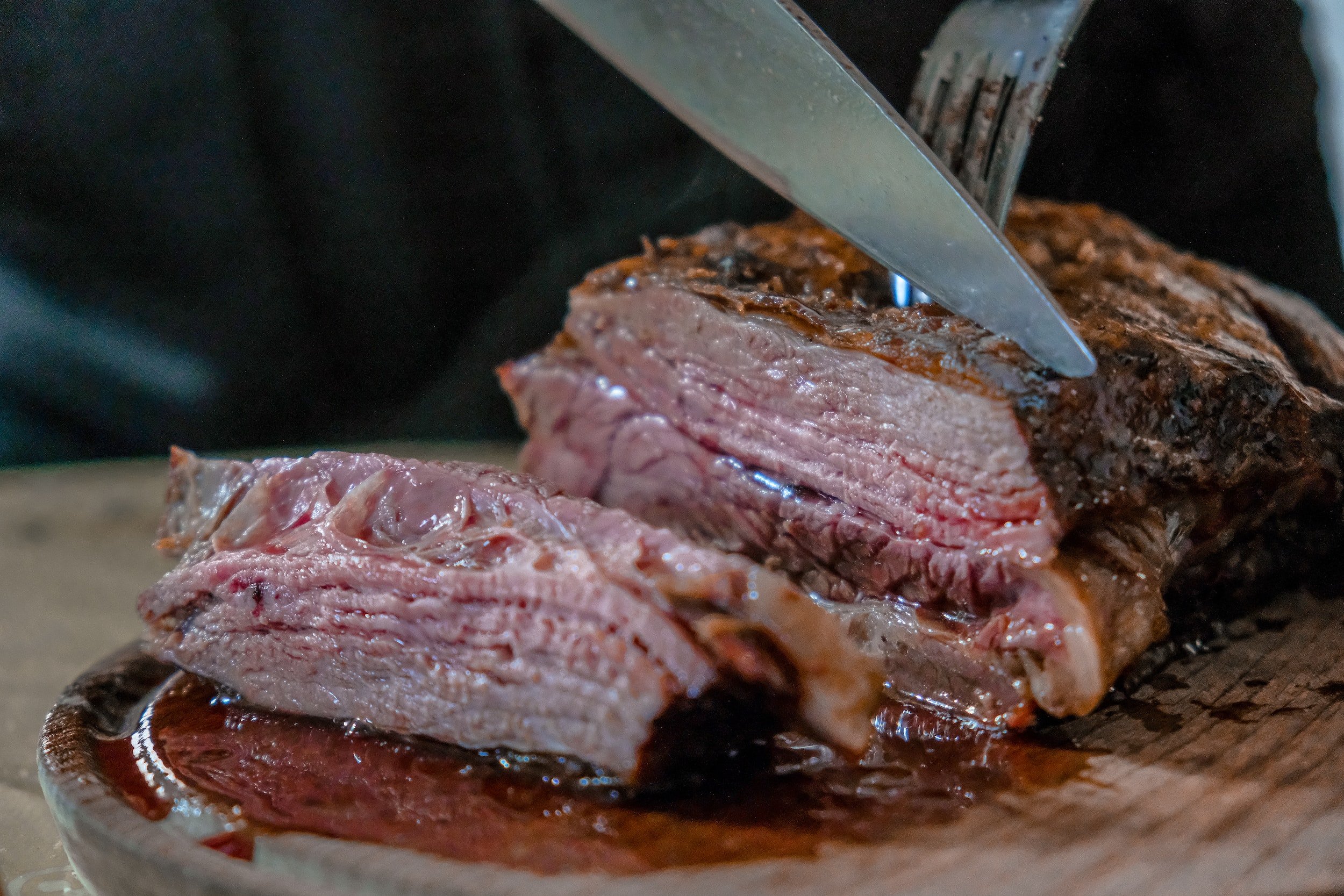Does Food Quality Make a Difference? — TEST RESULTS
Food experiments can be an interesting psychology experiment. We have lots of attachments, emotions and habits around eating, so manipulating our choices can bring up a lot of other unexpected results.
The purpose of the experiment we did was to test for 2 weeks if our food choices really made our bodies function any differently, and then did it make us feel any different.
Now, this was NOT a scientific test. This was self-report, anecdotal evidence with no control group. However, even a test group of N=1 is helpful for the rest of us. Experimenting is helpful. It improves the chance that we can improve our choices and ultimately, our health.
I was able to get some willing volunteers (voluntolds is more accurate, since I told them what to eat!) to test out some restrictive eating for two weeks. The food list was based on The Bulletproof Diet, by Dave Asprey. In this book, he examines and identifies the ways he was able to heal himself through much trial and error, lose over 100#, increase his disease resistance, and identify foods that either make your body “bulletproof” or full of “kryptonite”. It’s an intriguing read.
My initial intention was to test out some of his theories on myself, but I decided I’d see who else I could drag into a two week trial with me. Turns out, I had about 25 people!
As with any experiment, a few people stopped participating for a variety of valid reasons, but those who continued to self-report what they ate and then what they felt afterwards revealed some interesting outcomes.
We should all know that when we tweak what we eat, we change how our body responds. A few people were already eating in a bulletproof fashion, but many did not, and that’s where it got interesting.
NONE OF THESE!
Basically, we removed grains (except white rice), cheese (except goat), anything non-organic, pastured-raised and finished (as much as possible), seed oils (canola, safflower, sunflower, peanut, etc), nuts and seeds (except a few almonds, cashews, pecans, walnuts but no peanuts), limited some fruits/vegetables/dairy and seasonings. We did eat meat, veggies, fruit, fats like butter/coconut and olive oils, salt and herbs.
I mean, we tried to do our best! No one was perfect because there is no such thing, but we did attempt to eat mostly from the foods deemed the least toxic by either the type of growing or the nutrient quality re sensitivities (dairy, grains, nuts/seeds, seed oils and sugar are typically the most triggering for our bodies).
Of the 19/25 people who kept up some data entry, EVERY SINGLE ONE experienced some changes:
improved food quality (better growing practices) and quantity (no overeating, improved satiety)
weight changes ranging from 0 (+/-1#) to 5# loss (no weight gains)
decreased joint pain, bloating, digestive discomfort
increased energy and stamina
some changed old habits like stopped drinking soda and alcohol, no processed pasta or breads, no nuts/seeds/oils, less frequent meals, more attention to hunger/fullness, no snacking
lots and lots of comments about how increasing awareness of how we respond to food helped stay in the practice of only eating the foods on the list
almost everyone acknowledged that they will continue to use the food list, with small additions occasionally, because they noticed how much better they felt
EVERYONE appreciated the accountability of knowing there was daily contact and interaction
AND LET’S NOT FORGET THIS WAS ONLY 2 WEEKS!!
By far the biggest negative comment was the restrictive food list made meal choices difficult, boring, and increased feelings of deprivation. This is the biggest reason why elimination dieting is a short term experiment. We don’t live there, but we do experiment to find what we want to keep and what won’t stay around.
So here’s the BREAKING NEWS from the food test: WHAT WE EAT MAKES A DIFFERENCE. (did you know that already?)
We ALL know this, but experiencing the difference makes us willing to change.
If you’ve never tried experimenting with your foods, I would encourage you to give it a go. You’ll find you have more interest and emotion around making good choices, and if it’s only for a short time, you’ll be willing to commit to it. Find what foods fit you the best from those that we know nourish us. It’s a worthwhile test.
It would be a disservice to you, knowing how much better you can feel and function, if I didn’t also remind you of the services I provide. KLivFit was a company born into fitness and has grown up into a health coaching system for women to feel their best, function their best and find their best fitness. Let’s connect if you’d like to know more: https://KLivFitCalendar.as.me/compatibility




